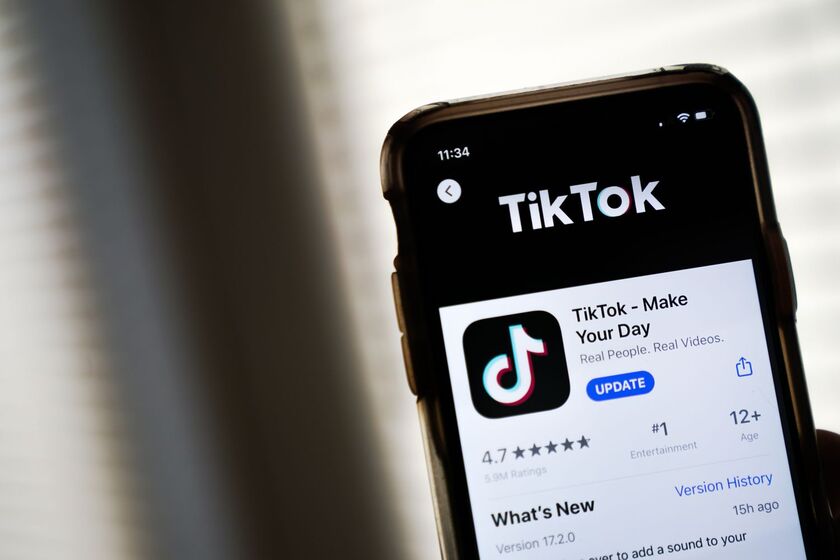WASHINGTON — The U.S. Supreme Court announced on Wednesday that it will hear TikTok's appeal challenging a federal law that could ban the popular social media app in the United States unless its Chinese parent company, ByteDance, divests ownership. The expedited hearing is scheduled for Jan. 10, just nine days before the law is set to take effect.
The bipartisan legislation, signed into law by President Joe Biden earlier this year, cites national security concerns about TikTok’s access to data from its 170 million American users and the potential for content manipulation. The law mandates that TikTok be sold to a U.S. company by Jan. 19 or face removal from app stores and hosting services, effectively barring its use.
Click here to support my independent journalism by becoming a paid subscriber for only $5 a month. I can’t do this work without all of you. You can quit at anytime.
TikTok and ByteDance argue the law violates First Amendment free speech protections and have requested an emergency injunction from the Supreme Court to halt enforcement. The companies warn that a ban would devastate TikTok’s U.S. operations, causing it to lose a significant portion of its user base, advertisers, and content creators.
In a statement, TikTok expressed optimism about the upcoming court hearing, saying, “We believe the Court will find the TikTok ban unconstitutional so the over 170 million Americans on our platform can continue to exercise their free speech rights.”
The U.S. Court of Appeals for the District of Columbia Circuit previously upheld the law, supporting the government’s national security arguments. The court emphasized that protecting Americans from foreign adversaries outweighs potential free speech claims.
The Justice Department has defended the legislation, warning of the “immense depth and scale” of the national security threat posed by TikTok. Critics of the law, including TikTok, argue that it represents a significant departure from the U.S. tradition of championing an open internet.
Adding a political twist, President-elect Donald Trump, who had attempted to ban TikTok during his first term, has reversed his stance. Trump recently expressed support for TikTok, saying he has “a warm spot” for the platform and plans to reevaluate the ban upon taking office on Jan. 20.
The court’s decision to hear arguments underscores the urgency of the issue, given the impending Jan. 19 deadline. The case also highlights broader debates over the scope of government power in regulating foreign-owned technology platforms and protecting national security without infringing on constitutional rights.
TikTok’s appeal has drawn significant attention amid heightened U.S.-China tensions, with both nations imposing restrictive measures on each other’s technology industries. The outcome of this case could set a precedent for future actions against other foreign-owned apps and reshape the digital landscape in the United States.





















